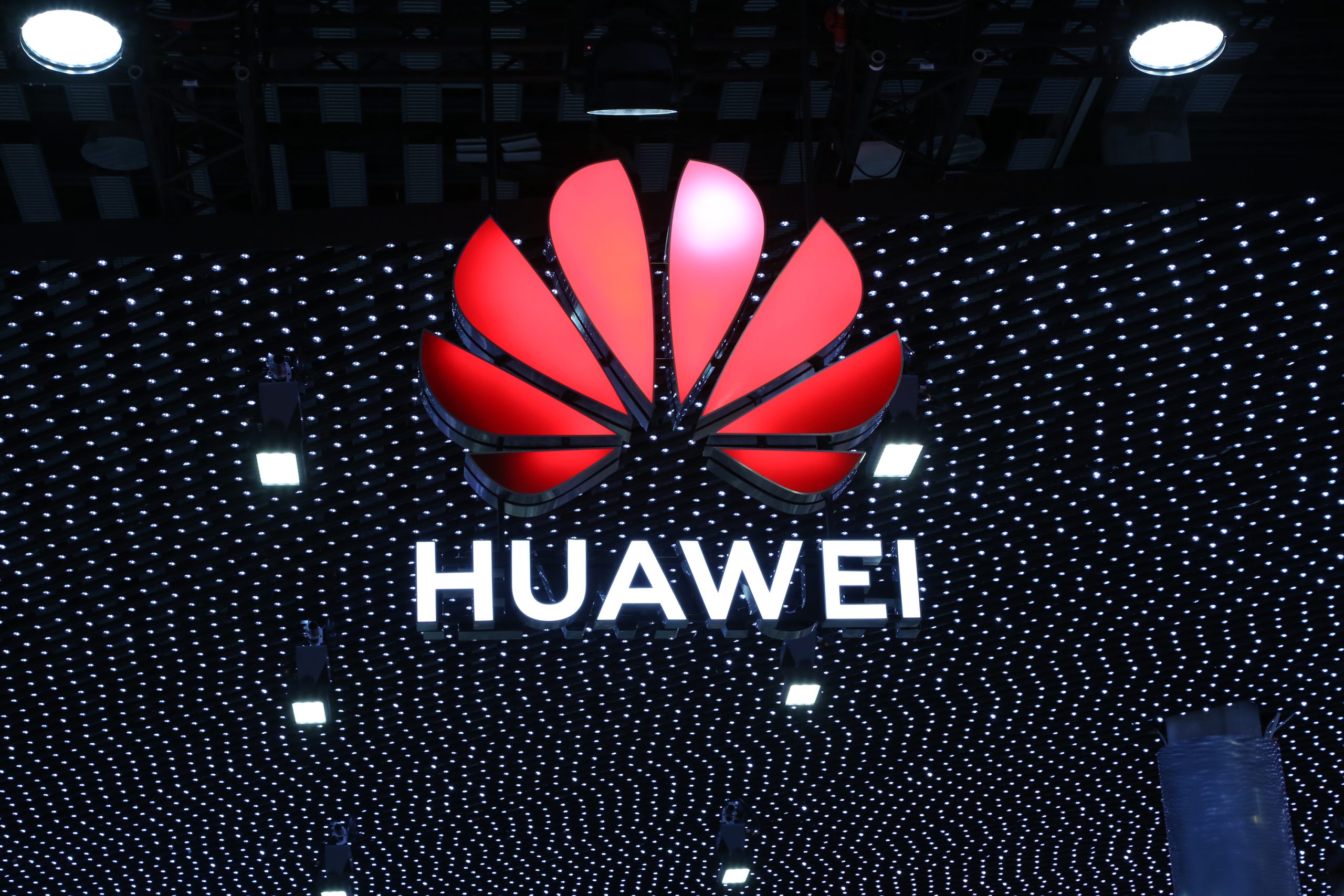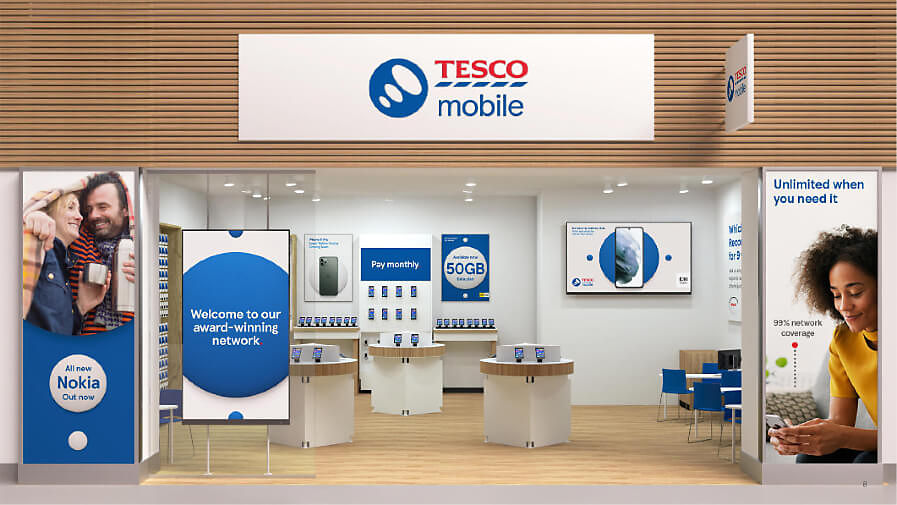Viewpoint: Weighed down by the blockchain
- Wednesday, March 14th, 2018
- Share this article:
 The evolution of Bitcoin and other cryptocurrencies has been a fascinating one to watch. From an obscure concept understood by only a tiny handful of evangelists to a global network supporting billions in investment and advertised on billboards and trains, the idea of cryptocurrency will likely be looked back on as one of the defining technologies of this decade.
The evolution of Bitcoin and other cryptocurrencies has been a fascinating one to watch. From an obscure concept understood by only a tiny handful of evangelists to a global network supporting billions in investment and advertised on billboards and trains, the idea of cryptocurrency will likely be looked back on as one of the defining technologies of this decade.
Equally compelling is the technology that sits at the root of cryptocurrencies – blockchain. Perhaps even more than cryptocurrencies, blockchain has been pointed to as an idea that could reshape how digital transactions take place on a fundamental level. We’re told that blockchain is set to change not just payments work, but how every form of online interaction takes place, and even how the internet itself is structured.
There’s no denying that these developments are exciting, but as the buzz surrounding these advances has grown, so have the calls for caution and, worringly, the number of stories of people losing large sums to fraudulent or malicious schemes based around cryptocurrency. Most recently, Google announced that it would be banning ads for cryptocurrency-related services such as initial coin offerings, because they represented unregulated or speculative financial products.
This growing wariness is only natural. When Bitcoin and other cryptocurrencies were the pipe dream of a few engineers, investing small sums and announcing bold plans of a day when there’d be a Bitcoin ATM on every corner, no-one cared that these currencies were not governed by any form of regulation. After all, that was part of Bitcoin’s sales pitch. No central controlling bank or federal reserve, but a distributed ledger that put everyone and no-one in charge at the same time.
In many ways, that’s a lofty goal. After the financial turmoil of the previous decade, no-one can be blamed for looking at banks and other financial institutions with a healthy level of scepticism, and instead trusting their finances to the wisdom of crowds. But now that the amount invested in cryptocurrencies can be valued in billions of dollars, it’s becoming increasingly apparent why the level of control that these institutions bring was needed in the first place.
Activities that in any other investment would be considered criminal or fraudulent are advertised blatantly by cryptocurrency speculators, aware that the same rules that govern traditional shares or currencies don’t apply in this new market. Some even argue that unethical behaviour is baked into the origins of cryptocurrencies, with some of the earliest use of the technology focusing on purchasing illegal items on the ‘dark web’ without having to worry about the oversight of banks or governments.
These concerns aren’t just being raised by a small number of unlucky investors either. Earlier this week, Japan announced that it will be urging the G20 nations to step in to prevent cryptocurrencies being used for money laundering. Finance ministers and central bankers from 20 of the world’s biggest economies are due to meet in Buenos Aires later this month, and discussion will include consumer protections for cryptocurrencies, but few are predicting that any kind of consensus will be reached, or if it would even have a substantial effect on the decentralised systems if an agreement was made.
So, perhaps we shouldn’t be placing all our hopes on cryptocurrency. But what about blockchain? Even Bitcoin sceptics seem to agree that the technology its based on has a huge amount of potential and merit, and we’re already seeing the first implementations in the marketing world, with agencies, ad exchanges and more centred around blockchain springing up like weeds.
I won’t pretend to understand the implications of blockchain nearly well enough to talk about whether or not the hype is justified, but one thing has struck me about almost every conversation I’ve had on the topic. When asked about why blockchain could be so beneficial, advocates will inevitably discuss transparency. The beauty of blockchain is in the distributed ledger – once a transaction takes place, it is recorded in every part of the network, so that everyone involved can be assured of its accuracy. Bad actors within the supply chain have no opportunity to falsify records or create a fraudulent paper trail. And that all sounds like a worthwhile advance. After all, the past year has been filled with publishers, brands and consumers calling out for more transparency in the programmatic space.
But I guess I just find it a little disappointing that the marketing world has got to this stage. That in order to trust one another, we require the complete transparency that blockchain can deliver. Faith in each other has been so eroded that not only do neither side of a deal trust the other to keep up their end, but they also don’t trust a supposedly impartial third party to arbitrate fairly.
The digital ad ecosystem was built on the idea that everyone could charge for the services they provide as an ad finds its way through the internet to a customer, but that core principle has been mutated and corrupted along the way to the point where none of us know who is being honest in their reporting.
Of course we should be uncovering the bad actors in the supply chain. Of course those behind fraud and dishonesty should be held to account. But when discussing what blockchain can bring to the marketing world, conversations seem to stray awfully close to “If you’re innocent then you should have nothing to hide”.
I completely understand the growing cynicism toward black boxes and walled gardens, where no-one is sure if they are getting value for money. But that doesn’t stop me from being saddened by the fact that such a drastic solution is needed to restore some kind of confidence in the systems that we have built, and the peers that we deal with. Perhaps that’s naïve of me, but if we can’t trust each other, how can we expect consumers to trust us?
















